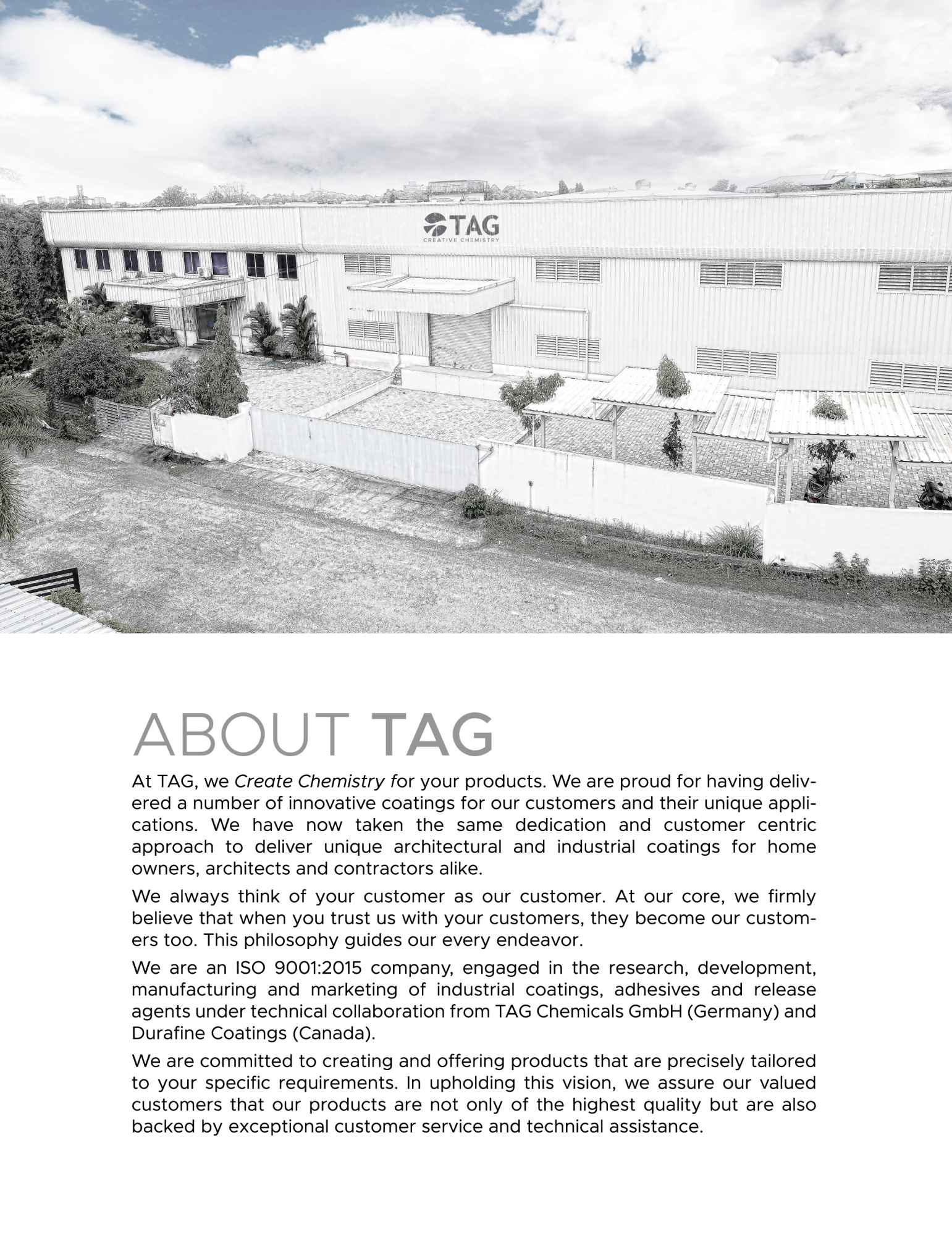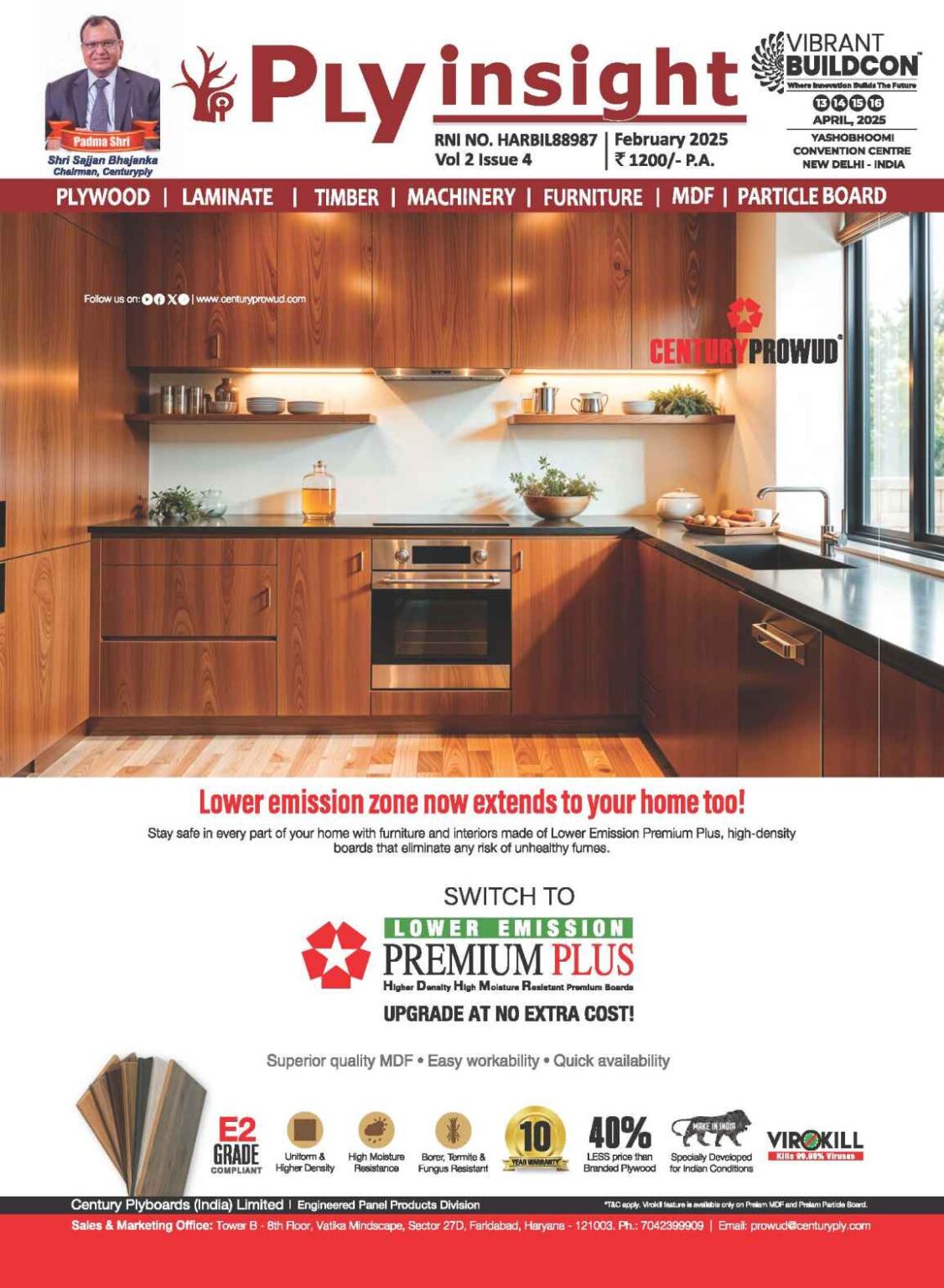
One BHK’s Rising Demand
- September 10, 2024
- 0
Co-living property operators are increasing the share of one BHKs in the facility on the back of increasing demand as corporate employees are looking for more space and privacy.
Before Covid most of the occupants used to prefer double occupancies, which, moved to a single occupancy after Covid and now to one BHK (bedroom, hall and Kitchen) where kitchen is also not shared with others.
While common amenities are shared, one BHK units offer more privacy and comfort. This trend is expected to grow. In fact, many co-living operators now focus exclusively on properties that offer single occupancy rooms or one BHK units. This shift reflects a broader change in lifestyle preferences, as more individuals seek the convenience and comfort of private spaces combined with the social and community aspects of co-living.
Operators said that these demand by occupants are a clear indicator that convenience has started to outweigh price in an extremely price sensitive industry which is great because it will drive quality supply.
In metro cities like Bengaluru, Gurugram, Hyderabad, and Chennai, the demand for dully furnished and managed rooms with attached Kitchen is significantly high, and these options get occupied much faster than others.
The demand and supply in the co-living segment are increasing significantly across the country. Many traditional property owners, previously operating hostels and lodges, are now upgrading their amenities and designs, converting properties into modern co-living spaces.
A large number of occupants, including both students and professionals, prefer living in co-living properties that offer various amenities. Many of them have a strong preference for separate rooms with small Kitchens.
According to a report by JLL India, the co-living market in the country is expected to grow at a compound annual growth rate of 17% in the next five years to nearly $40 billion (about `3.3 lakh crore).
👇 Please Note 👇
Thank you for reading our article!
If you don’t received industries updates, News & our daily articles
please Whatsapp your Wapp No. or V Card on 8278298592, your number will be added in our broadcasting list.



































































